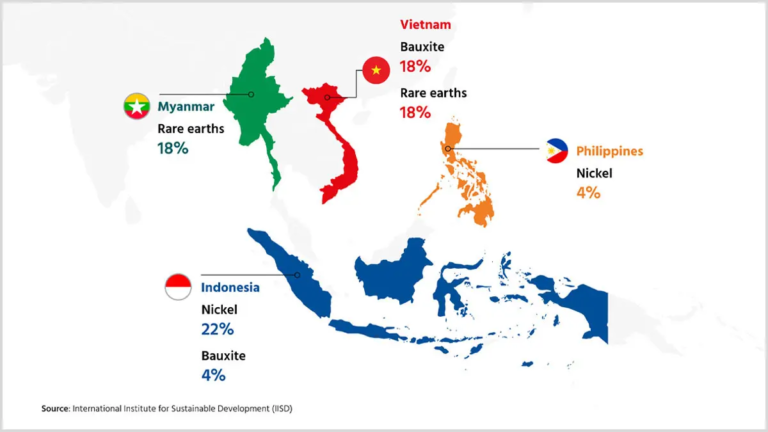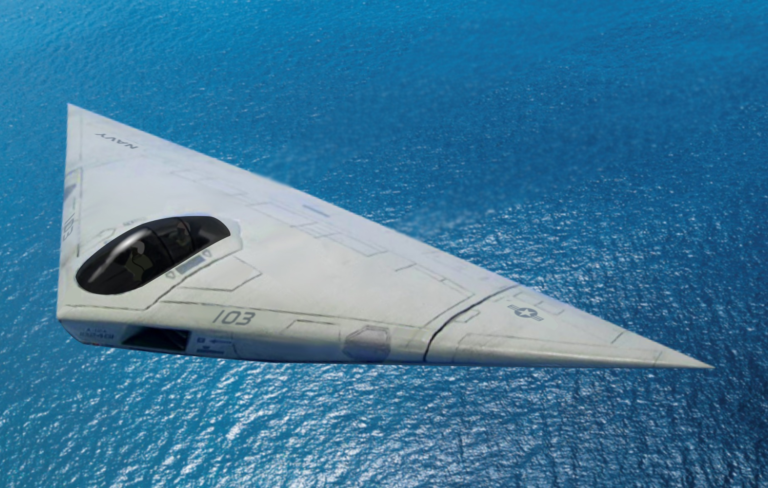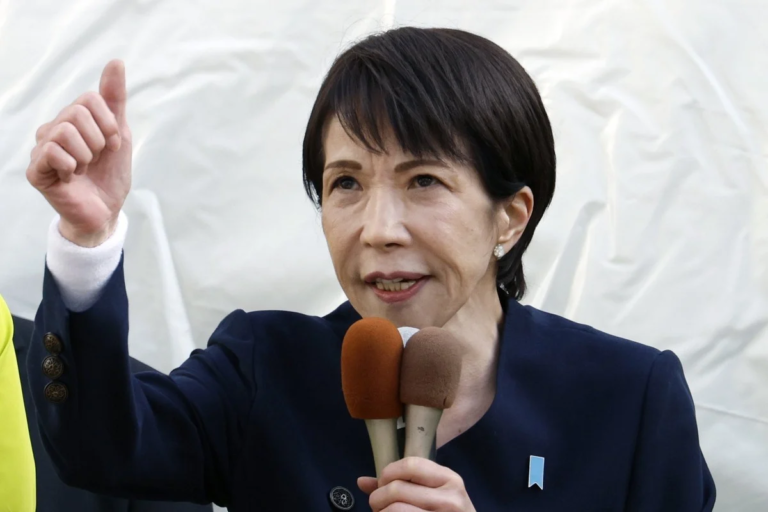
As China and the United States concluded their first high-level trade talks since last month’s unprecedented escalation of tariff rates, comments from the US delegation shed light on the negotiating style of their counterparts – providing rare details from a closed-door dialogue between the world’s two largest economies.
“The vice-premier [He Lifeng] is a very skilled negotiator … I had a very good economic briefing beforehand, but there was no sense of anxiety,” said US Treasury Secretary Scott Bessent in an interview with CNBC after the two-day session in Geneva, Switzerland.
“There is a sense of moving forward. There is a sense of mutual respect. There is a sense that we had shared interests.”
The talks were marked by a rare sense of “equanimity” and mutual respect, Bessent said, and their tenor stood in sharp contrast to the negotiations led by former vice-premier Liu He during the first term of current US President Donald Trump.
Those earlier sessions were often fraught with tension and volatility – with numerous reports of abrupt breakdowns, public brinkmanship and mutual distrust on most points of contention.
That previous iteration of the trade war concluded in 2020 with a “phase-one” deal, under which China pledged to increase purchases of US goods in exchange for a pause in tariff hikes. The agreement, though touted by both sides as a victory, was criticised in some circles.
During last weekend’s meeting, Chinese Vice-Minister of Commerce Li Chenggang also made his debut as a trade representative – a trial by fire the official appears to have surmounted.
China, US slash most tariffs on each other after first round of trade talks
After the talks, Li said he could not disclose many details of the outcome, but struck a buoyant tone in line with the US side.
“As for the timing of the announcement,” he added, “there’s a Chinese saying – ‘a good meal is never too late.’ I believe no matter when it is released, the global response will be positive.”
Li, 58, has decades of experience handling international negotiations at the ministry, and served as China’s ambassador to the Geneva-based World Trade Organization from 2021 to last April. He holds a bachelor’s degree in law from Peking University and a master’s degree in law and economics from the University of Hamburg in Germany.
As he entered the spotlight in Geneva, analysts said, Li could have established relations with key stakeholders – including those in the US government – and could have been seen as capable of breaking impasses in the talks.
Xu Tianchen, senior China economist with the Economist Intelligence Unit, said the Chinese delegation was well-prepared, and Li was likely to be the one who did the heavy lifting.
“We don’t know exactly how he was involved, but judging by the outcome, Li seems to have lived up to expectations,” Xu said.
On Monday, China and the United States jointly announced the removal of most of the triple-digit tariffs each had imposed since April 2. The agreement lowers the US’ additional tariff rates on Chinese goods to 30 per cent and those of Chinese duties on US imports to 10 per cent, with earlier levies on selected goods remaining in place.




